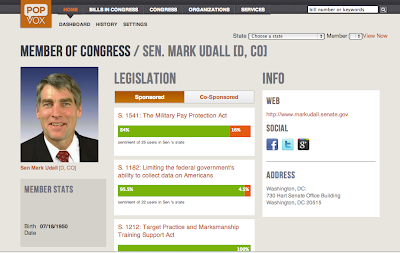Katherine Barrett and Richard Greene in GOVERNING: “The easier it is for us to find important information about cities, counties and states, the better we’re able to report on topics of interest to our readers. But transparency isn’t just about us. It can help citizen organizations, good government bodies, advocacy groups, the press at large and even the general public. What’s more, accessible information makes it easier for legislators and city council members to drill down to the facts, creating more capacity for informed decision-making.
To be sure, progress has been made on a number of transparency fronts, and we certainly appreciate the additional data we’re able to find easily each year. That said, from our personal experience and conversations with experts in the field, much of the talk about heightened transparency in government is more rhetoric than reality.
Take so-called “online spending transparency,” or Web-based checkbooks that offer a clear and simple way to see where tax dollars are going. All 50 states have them. Optimally users would get, according to the nonprofit U.S. Public Interest Research Group (PIRG), a host of “checkbook-level information about expenditures including those made through contracts, grants, tax credits and other discretionary spending.”
Sounds swell, and in fact, PIRG’s studies of the 50 states have revealed consistent improvement. Each year, the organization has raised the bar on its criteria for grading the states. Still, in its most recent work, five states were given an F: California, Hawaii, North Dakota, Wisconsin and Wyoming. According to Phineas Baxandall, senior analyst for U.S. PIRG, in lagging and failing states—the dozen that got D’s and F’s—“you’ll find PDFs instead of searchable, sortable databases; you’ll find much more partial information about departments, and they generally don’t integrate economic subsidies.”
When it comes to disclosures of any kind there’s a huge chunk of information that’s as transparent as a window with the blinds closed. This includes a host of entities that generally don’t get their cash through the general fund. Starting the list are affiliated not-for-profits set up to provide government services and often funded through so-called “corporate funds” or grants, as well as public-private partnerships, authorities and a variety of other quasi-governmental bodies.”


